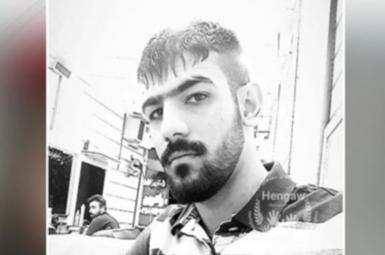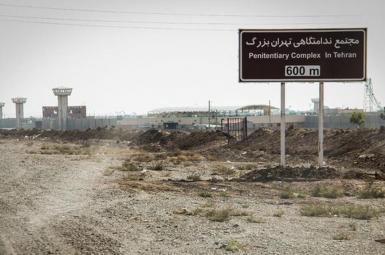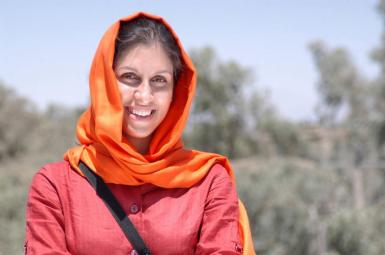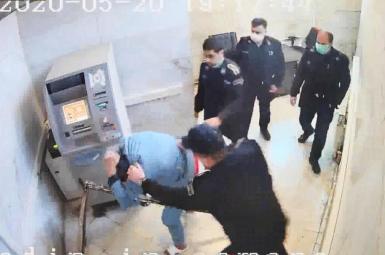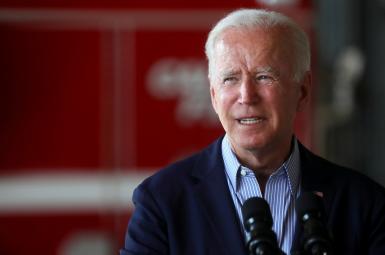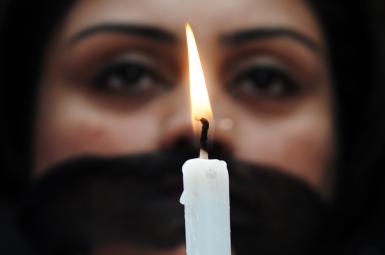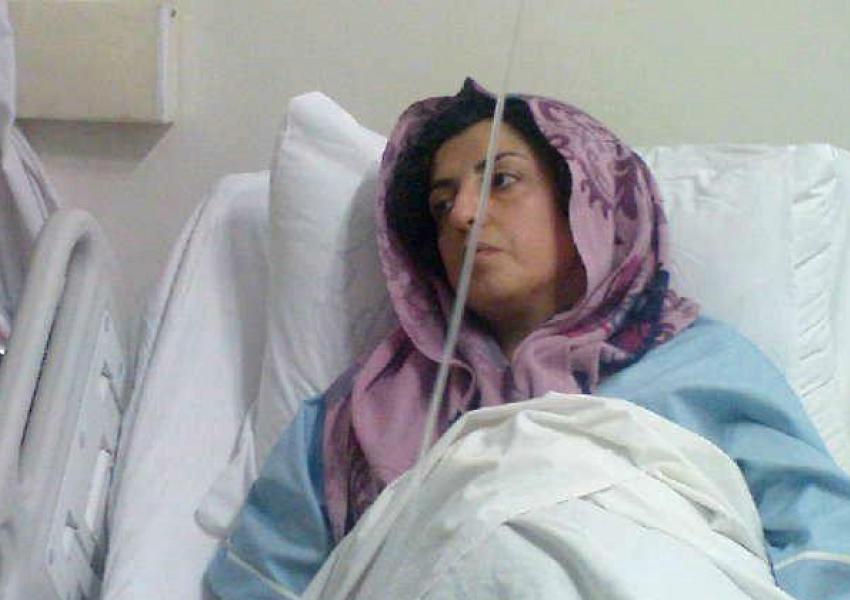
Political Detainees Say Psychiatric Drugs Handed Out In Iran Prisons
Former political prisoners spoke about Iranian prisons in a Clubhouse session “Remembering: Medical Treatment and Psychiatric Drugs” Wednesday, saying vital medical treatment was denied and psychiatric drugs widely prescribed to prisoners often held in solitary confinement.
"This is intentional,” rights activist Narges Mohammadi said. “Prisoners arrive from solitary confinement in the general ward with a handful of psychiatric drugs [prescribed to them].” Mohammadi has been in and out of prison since 1998 on charges such as "propaganda against the regime" and "acting against national security."
Mohammadi and other participants said interrogators supplied prisoners with dependence-forming psychiatric drugs that they later withheld, shuttling them between mental hospitals such as Aminabad Psychiatric Hospital, south Tehran, and solitary confinement, keeping bright lights on in their cells round the clock, and denying them medication and treatment as a form of torture. Several participants spoke of their own or other prisoners' suicide attempts.
This was the second Clubhouse session in a series on prison abuse in Iran held by Mohammadi, who has been nominated for a Nobel Peace Prize for her defense of human rights by Norway Amnesty International. In the first session in late May, female activists spoke about physical and verbal sexual harassment and abuse in prison.
Arash Sadeghi, a university student released in May after serving a sentence since 2103 for "propaganda against the regime," "insulting Supreme Leader Ali Khamenei," and "acting against national security," said he had been denied Depakine, an epilepsy medication, which had seriously affected his condition. "I threw up all the time, was dizzy and could barely walk," Sadeghi told the audience. Sadeghi was also denied cancer treatment, which caused serious complications including infection.
Sadeghi told the Clubhouse session that prison doctors prescribed sedatives to prisoners on their arrival and sometimes later withheld them. "I witnessed many cases of suicide at A-2 ward [of Tehran’s Evin Prison, run by the Revolutionary Guards]," he said, adding that one prisoner told him that the pills prescribed to him had been stopped abruptly. "This caused serious anxiety, headaches, nausea and heart palpitations, which led him to make a suicide attempt."
Filmmaker Maryam Ebrahimvand, who was jailed in 2018, said in the session she had attempted suicide in prison and had been kept in jail without being sentenced for two and half years.
"The prison psychotherapist had prescribed sedatives for me, which he said I could use whenever needed,” she said. “I took all of the pills in one go when pressures on me and my family increased.” Ebrahimvand said that while she was being treated in hospital, prison authorities made her sign a letter saying she had not attempted to kill herself but had unintentionally poisoned herself.
Another Clubhouse participant, journalist Saeed Hafezi, who was arrested in 2016 in Abadan, Khuzestan province, said he had been given pills as soon as he was detained, in solitary confinement.
"I wasn't aware of the time,” he said. “By counting meals, I figured I had been there for a month. I was told I was going to have a visit by my wife [but before that] they cut my wrist and kept giving me tissue paper to wipe it while they were filming it," said Hafezi, who lives in Turkey. "They told my family I wanted to take my own life but they were lying. My family told me I was in detention for 47 days, after I was freed."

